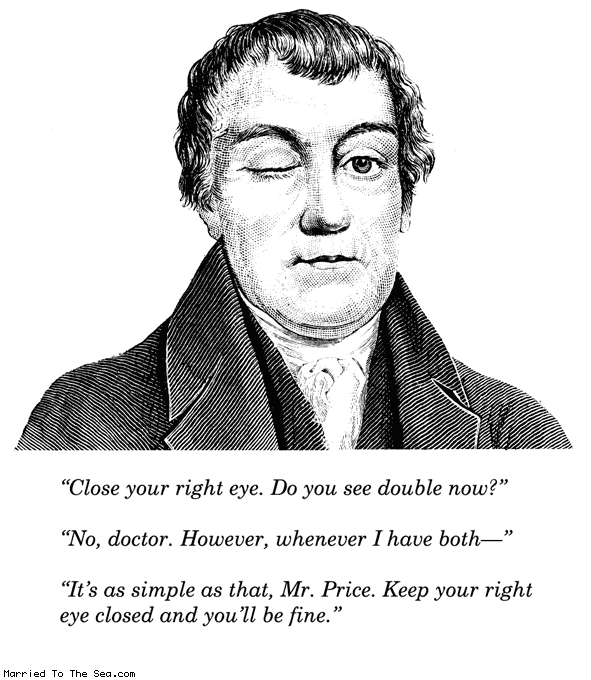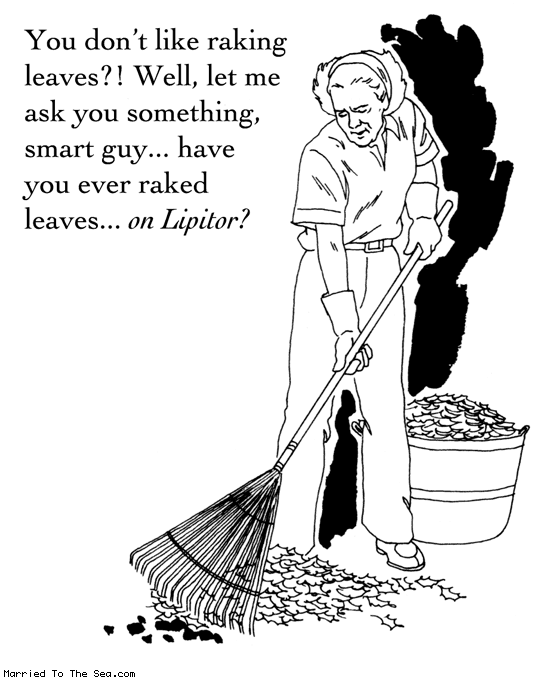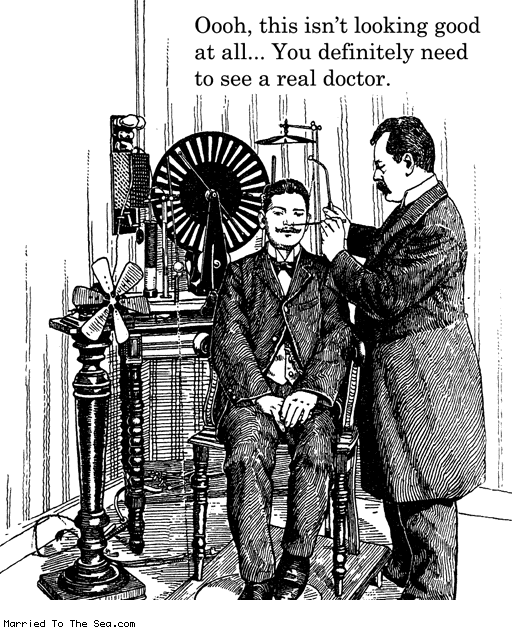Okay, well not really. More like 2 weeks of night, followed by 2 weeks of day and then back to the reverse. But you will have to forgive me a little drama as I prepare to embark upon the REAL beginning of my residency.
You see, the way the schedules worked out, my first month was on research elective...so I did less work than a 4th year medical student, basically just attending lectures and trying to find a project to which I could attach myself and begin working on.
Tomorrow is when that all changes, as I begin Night Float, and work from 5pm-7am, sleeping during the day, emerging when the sun goes down to do doctorly things.
Most residency programs have one or two ways of handling call. One way is to have the residents spend every 3rd, 4th night, etc.in the hospital, admitting new people, cross covering patients from the day and the like and then have the next couple days to recover before doing it all over again.
The other way is to have a night float system. This means that when you are not on the night float block, you go home at the end of your workday...from 7am to 5pm, you are still admitting and doing all your normal things, but when darkness falls, the night float teams arise to take over the entire physician workload...
This is not quite as bad as it sounds if you know what you are about. After all, despite what film and television have you believe, things tend to slow down at night. However, this does not mean that doctors are not still needed in case something comes up, from intern all the way up to attending level.
And that is where I come in...at the intern level. I will be responsible approximately 4-5 days nights a week for answering all the pages for all the patients on the internal medicine service, or alternately for admitting new patients. I will have a resident above me, and he has a resident above him, and an attending above her for a safety net, so the buck doesnt stop with me, but it certainly starts there.
And that is a little worrying...because everytime I answer a page, people are going to expect me to make decisions based on little to no information with even less experience. Sink or swim, trial by fire, no matter what phrasing you use, the next 10 weeks are going to be difficult.
And that is ignoring the fact that I have to change my sleep schedule every couple weeks. The upside to this is that once I make it through this block, I will have learned (hopefully) how to quickly and efficiently manage some of the most common things that can happen overnight in the hospital. Join me at around 3-4am for the next several weeks, and we will find out what those are together.
Almost Dr J





Recent Comments